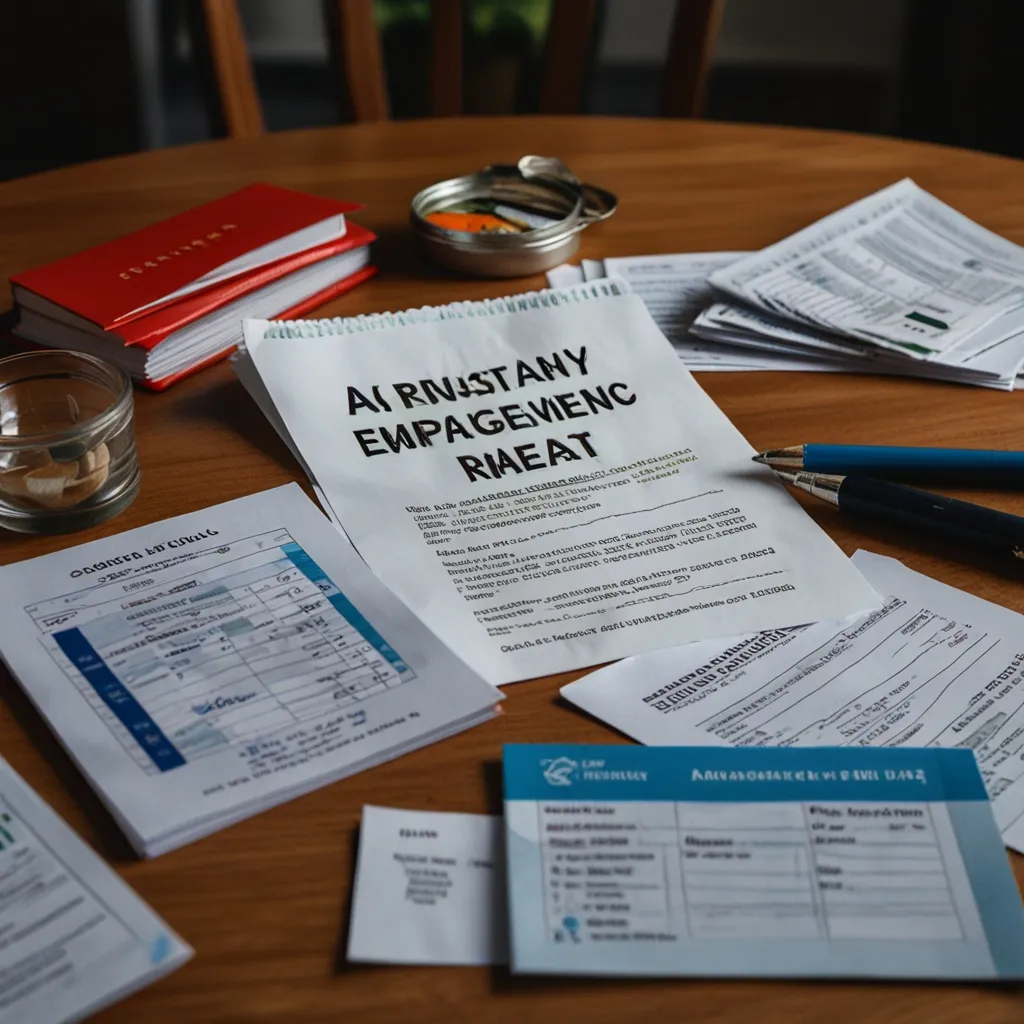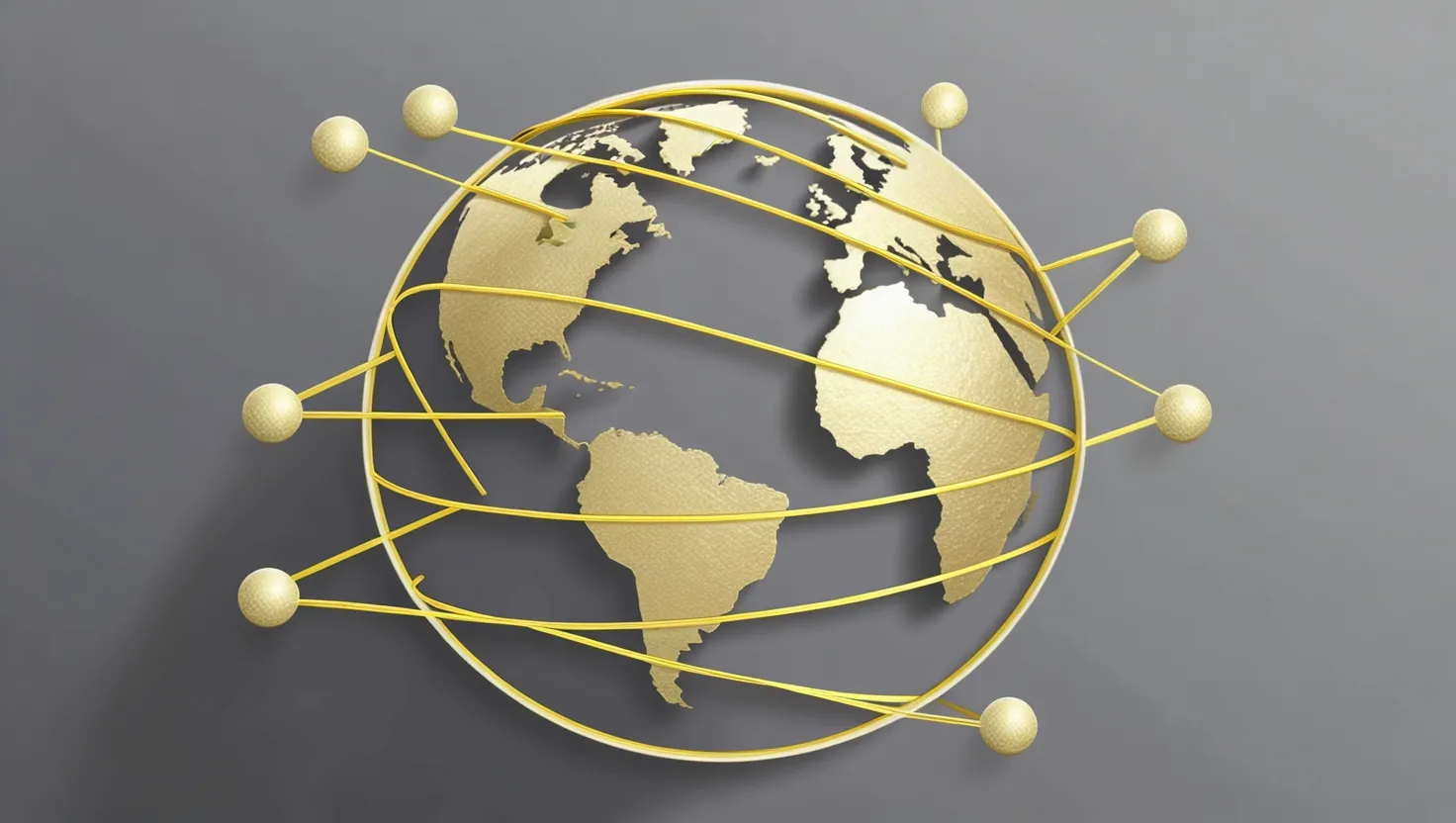Sipping on a coffee right now? You’re not alone. With 400 billion cups enjoyed every year, coffee is a global favorite. But have you ever thought about how many hands those beans pass through before they reach your cup? Surprisingly, your coffee is actually dirt cheap compared to what it should cost. Some suggest it should be over $25 per cup.
Recently, coffee prices have been creeping up, with Starbucks hiking prices by 10-20 cents per cup. Yet, this increase doesn’t fully reflect the true cost of coffee production. While retail prices rise, coffee trading prices have been falling for decades. It costs less per kilogram now compared to 1975, even when you adjust for inflation. So, why is that?
To get to the bottom of this, we need to visit the countries where coffee is grown. The best climate for coffee is found mainly in developing countries, which produce about 90% of the world’s coffee. Growing coffee is a slow process, taking around four years from seed to harvest. The labor-intensive work of picking ripe coffee cherries by hand makes up a significant portion of a farmer’s budget.
Once picked, the cherries are dried and the beans extracted. The beans are then packed into 60kg canvas bags for storage. Despite the effort, coffee farmers often earn far less than they need to cover their costs. For instance, Colombian farmers frequently sell their beans for less than half of what’s needed to break even. This economic strain can lead to unethical practices like forced labor or abandoning coffee farming altogether.
This isn’t a new issue. Decades ago, the U.S. created agreements to stabilize coffee prices and support producing countries, with the most notable being the International Coffee Agreement. Yet, even with these measures, coffee prices see extremes due to market conditions.
The journey from farm to cup involves many players - exporters, importers, roasters, and retailers. Each adds to the cost, and competition means that quality sometimes suffers. Even Fair Trade coffee, which aims to ensure fair wages and conditions, doesn’t tackle the core issue: coffee is undervalued.
As developing nations grow and wage standards improve, the cost to produce coffee will naturally rise. If wages were similar to Western standards, your daily coffee could cost at least $25 per cup. With these changes seeming inevitable, coffee lovers might need to prepare for higher prices.
In short, the coffee you drink is the product of a complex and often underpaid supply chain. Enjoy your cup, but remember, the true cost of coffee is much more than what we currently pay.






